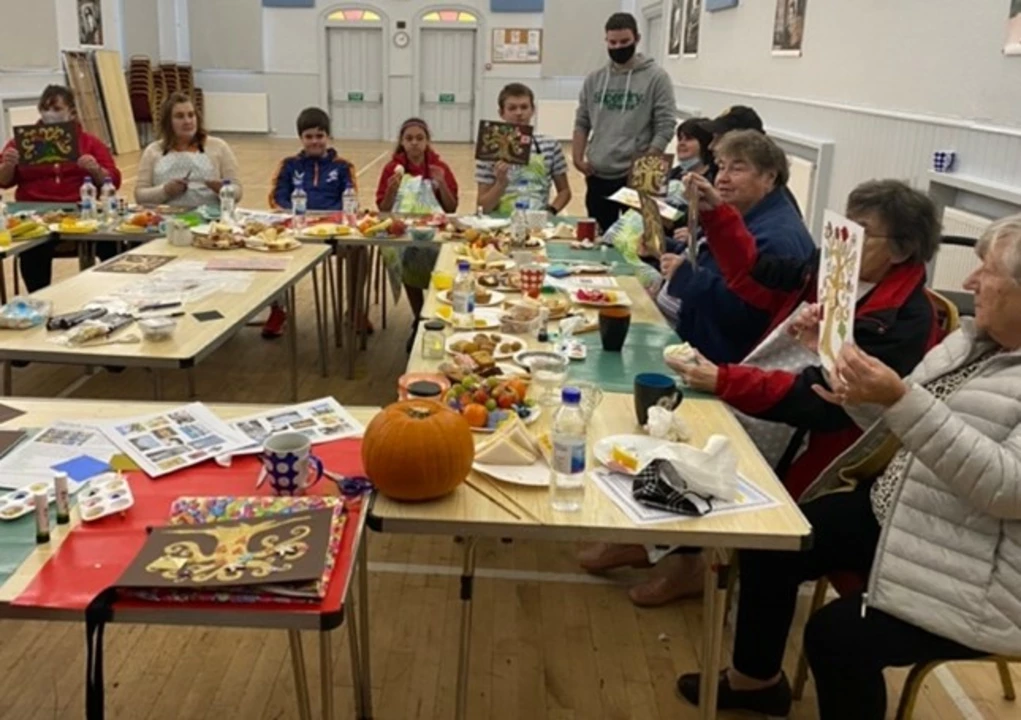Blog: How to talk about death

The subject of end of life care has made headlines recently. Well known people, including Dame Esther Rantzen and Dame Prue Leith, have shared their support for assisted dying and in Scotland a private member’s bill on assisted dying is expected to be debated at Holyrood this year.
However, open conversations around death and dying are all too rare among families and friends.
The Truacanta Project is working to change that by setting up support for local communities in Scotland interested in taking community action to improve people’s experiences of death, dying, loss and care. Five projects, funded by Macmillan Cancer Support and run by the Scottish Partnership for Palliative Care, have been established including one in the Highlands involving Highland Senior Citizens Network, Creativity in Care and Highland Hospice.
The Highland project focused on facilitating local conversations about end of life. In Cromarty and Kinlochleven people took part in Highland Hospice Last Aid (a public education course) and End of Life Aid and Support for Everyone (EASE) course. Creativity in Care held in person and virtual creative workshops using a variety of pre-prepared arts materials to support conversations exploring death, dying and grief.
The participants in Cromarty, who ranged in age from 7 to 77, talked about their experiences of death and grief. Intergenerational connections helped people to discuss their shared grief.
The groups addressed the fact that we are all going to die, yet many of us don’t have any plans in place. A wide range of conversations took place about planning ahead, making a Will, putting Power of Attorney in place and funeral planning.
The reality of what to expect when someone is dying was explained. Many people have only witnessed death in a TV programme or film. But a ‘normal death’ usually has predictable stages, the understanding of which can be comforting and help loved ones prepare for what is happening.
The difficulty of talking about death was also tackled. People said they wanted to help others who had been bereaved but were scared of saying the wrong thing. Those who had experienced loss shared suggestions that helped them, including sending a sympathy card sharing memories of the person who died, offering practical help – cooking a meal or walking the dog – or simply saying “I’m here for you”, “I’m thinking of you”.
Finally, the group shared helpful resources with a view to keeping up conversations about death.


